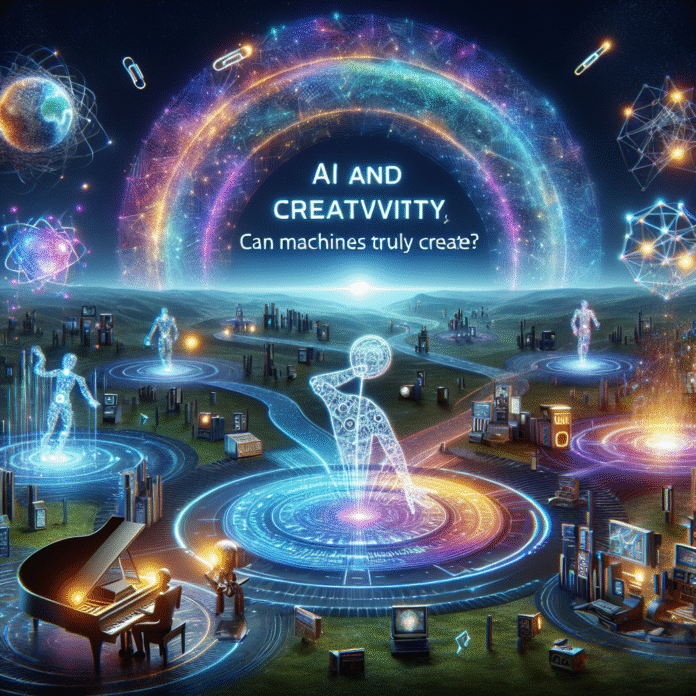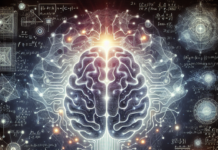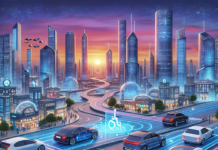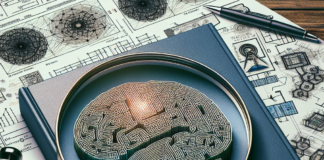AI and Creativity: Can Machines Truly Create?
The Rise of AI in Creative Fields
As artificial intelligence (AI) technologies continue to evolve, their impact on creative domains such as art, music, and writing becomes increasingly evident. Many AI systems are now capable of producing works that challenge our traditional understanding of creativity.
Understanding Creativity
Creativity has long been considered a uniquely human trait. It involves the ability to generate novel and valuable ideas or works. Traditionally viewed as a product of human experience, emotion, and intuition, the question arises: can machines replicate this process?
AI as a Creative Collaborator
Today’s AI tools often act as collaborators rather than independent creators. For instance, AI can analyze vast datasets, identify patterns, and suggest ideas to artists and musicians. This partnership can enhance human creativity, pushing artists to explore new avenues they may not have considered otherwise.
Case Studies in AI-Generated Creativity
Several notable examples illustrate the potential of AI in creative endeavors:
-
- Art: The AI program DALL-E creates unique images from text descriptions, enabling users to visualize concepts in ways that were previously unfathomable.
-
- Music: AI-based platforms like OpenAI’s MuseNet can compose music across various genres, demonstrating an understanding of structure and harmony.
-
- Writing: AI tools like GPT-3 can generate stories and articles, often indistinguishable in quality from those written by humans.
The Debate: Can Machines Truly Create?
Despite these advancements, a significant debate exists regarding whether AI can genuinely create or simply replicate and remix existing ideas. Critics argue that AI lacks consciousness, emotional depth, and personal experiences—all essential components of true creativity.
The Human Element
Human creativity is often influenced by personal experiences, emotions, and cultural context, elements that AI does not possess. While AI can generate new compositions or artworks, it does so based on algorithms and data rather than genuine inspiration.
Conclusion
The intersection of AI and creativity poses profound questions about the nature of art and innovation. While machines can assist and augment creative processes, the essence of creativity—rooted in human experience—remains distinctly human. AI may not create in the same organic way that humans do, but it opens up new possibilities and inspires fresh ideas in the ever-evolving landscape of creativity.







